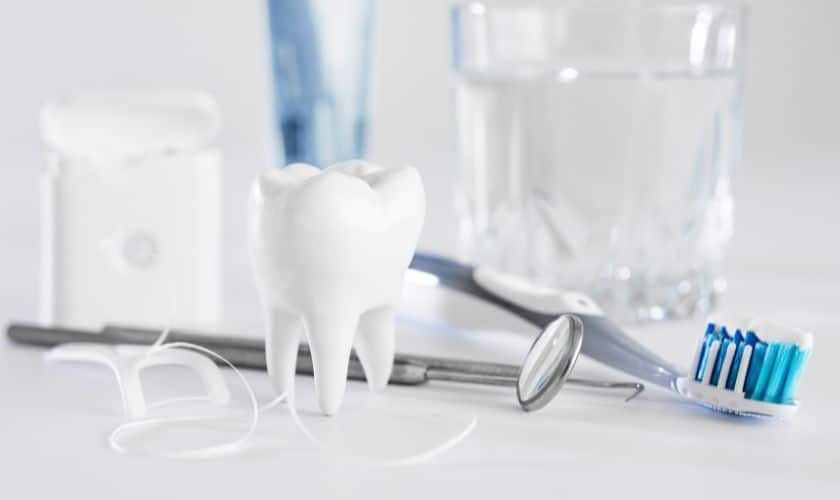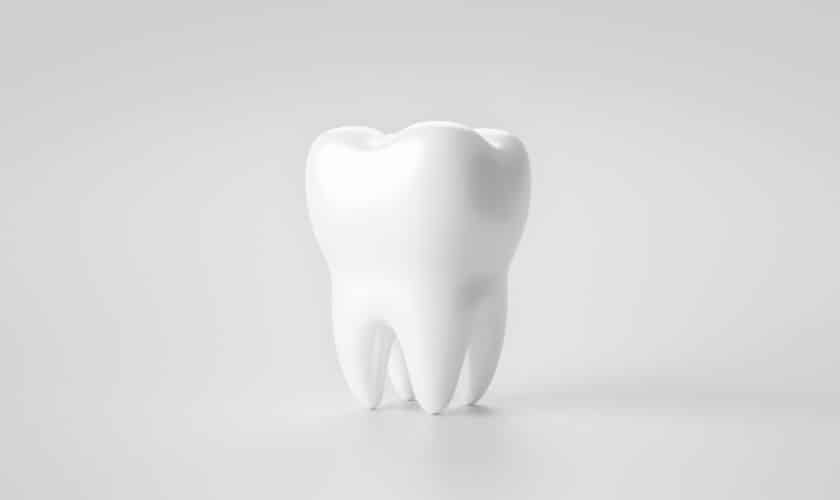Visit 7 North Dental Today Or Call: 602-230-0811
Is Gum Disease Curable?

Another name for gum disease is periodontal disease, which is a common oral health issue that affects a large number of people worldwide. It is essential to comprehend its causes, phases, and available treatments to keep your mouth healthy. The complexities of gum disease, its treatability, and practical preventative measures will all be covered in this essay.
I. Introduction
A. Definition of Gum Disease: Gum disease is a persistent inflammatory ailment that impacts the gums and tissues supporting teeth. The main cause of it is bacterial growth, which results in the development of plaque.
B. Prevalence and Importance: It may surprise you to learn that millions of individuals worldwide suffer from gum disease. Its importance affects general well-being in addition to dental health.
C. Scope of the Article: This article seeks to answer the age-old topic of whether gum disease is curable by thoroughly describing the condition, including its causes, symptoms, and possible treatments.
II. Understanding Gum Disease
A. Causes and Risk Factors: Even though plaque development is the primary driver of gum sickness, other gamble factors can make it more probable, including hereditary inclination, smoking, and diabetes.
B. Stages of Gum Disease: From gingivitis to severe periodontitis, gum disease advances in phases. For optimal treatment, varying degrees of involvement are needed at each stage.
C. Recognizing Symptoms: It’s critical to discover early. Gums that are swollen or bleeding, chronic poor breath, and tooth position alterations are some symptoms.
III. Seeking Professional Help
A. Importance of Dental Checkups: Frequent dental examinations are essential for early detection and prevention. Experts can detect gum disease before it worsens.
B. Early Detection and Prevention: The advancement of gum disease can be stopped with prompt intervention. Even little changes, like scaling and expert cleanings, can have a big impact.
C. Role of Dentists and Periodontists: Gum health is the specialty of periodontists and dentists. Their knowledge is crucial for creating individualized treatment programs that consider the ailment’s severity.
IV. Treatment Options
A. Non-Surgical Treatments: Non-surgical treatments like scaling and root planing work well in the early stages. These treatments aim to remove plaque and tartar from the teeth and gums.
B. Surgical Interventions: Gum grafts and flap surgery are two surgical techniques that may be necessary in advanced situations. These treatments aim to repair damaged tissues and stop future decline.
C. Lifestyle Changes for Management: Gum disease treatment and prevention are greatly aided by adopting a better lifestyle, which includes quitting smoking and eating a balanced diet.
V. Lifestyle and Home Remedies
A. Proper Oral Hygiene Practices: The three most important ways to avoid gum disease are to brush, floss, and use antimicrobial mouthwashes. It is essential to follow dental hygiene procedures consistently.
B. Diet and Its Impact: Gum health is aided by a diet high in vitamins and minerals, especially vitamin C. Refraining from sugar-filled foods and drinks is similarly crucial.
C. Habits to Avoid: Alcohol abuse and smoking can hurt gum health. Giving up these behaviors is a step in the right direction toward controlling and avoiding gum disease.
VI. The Curability Question
A. Dispelling Common Misconceptions: There is a common misconception that gum disease cannot be cured. Its advancement can be stopped with early identification and appropriate action.
B. Factors Influencing Curability: The curability of gum disease depends on several circumstances, such as the patient’s willingness to therapy and the illness’s stage.
C. Success Stories: Several people have used a mix of medical care and lifestyle modifications to control and even reverse gum disease effectively.
VII. Prevention Strategies
A. Daily Oral Care Routine: An organized, regular oral hygiene regimen is the cornerstone of gum disease prevention. The risk is greatly decreased by using mouthwash, brushing, and flossing regularly.
B. Regular Dental Checkups: Frequent dental checkups guarantee early identification of any gum disease symptoms. It is always better to prevent than to treat.
C. Adopting a Healthy Lifestyle: Gum health is favorably impacted by leading a healthy lifestyle, which includes giving up smoking, eating a balanced diet, and controlling stress.
VIII. Challenges in Gum Disease Management
A. Compliance Issues: Some people have trouble maintaining regular dental hygiene practices. Dentist is essential in enlightening and inspiring people to overcome these obstacles.
B. Emotional Impact on Patients: Managing a chronic illness such as gum disease may be quite emotionally draining. For patients to stay healthy, support from family members and medical professionals is essential.
C. Overcoming Barriers: Ensuring everyone has access to dental treatment and can effectively manage their gum health requires addressing the financial and accessibility hurdles.
IX. FAQs about Gum Disease
Plaque buildup, a sticky bacterial coating on teeth, is the main cause of gum disease.
Yes, maintaining a healthy lifestyle, getting regular dental exams, and practicing good oral hygiene can all help avoid gum disease.
Although genetics may be involved, good dental hygiene and lifestyle decisions greatly influence gum disease development.
It is advised to have a dental examination every six months to identify and treat gum disease.
Gums that are swollen or bleeding, chronic poor breath, and shifts in tooth position are common indicators.
X. Conclusion
A. Recap of Key Points: Gum disease is a common ailment that has serious oral and general health implications.
B. Emphasis on Early Detection: Prompt identification and intervention are essential to effectively manage and reverse gum disease.
C. Encouragement for Seeking Professional Help: For the greatest results, those at risk or exhibiting symptoms should get expert dental treatment right once.



